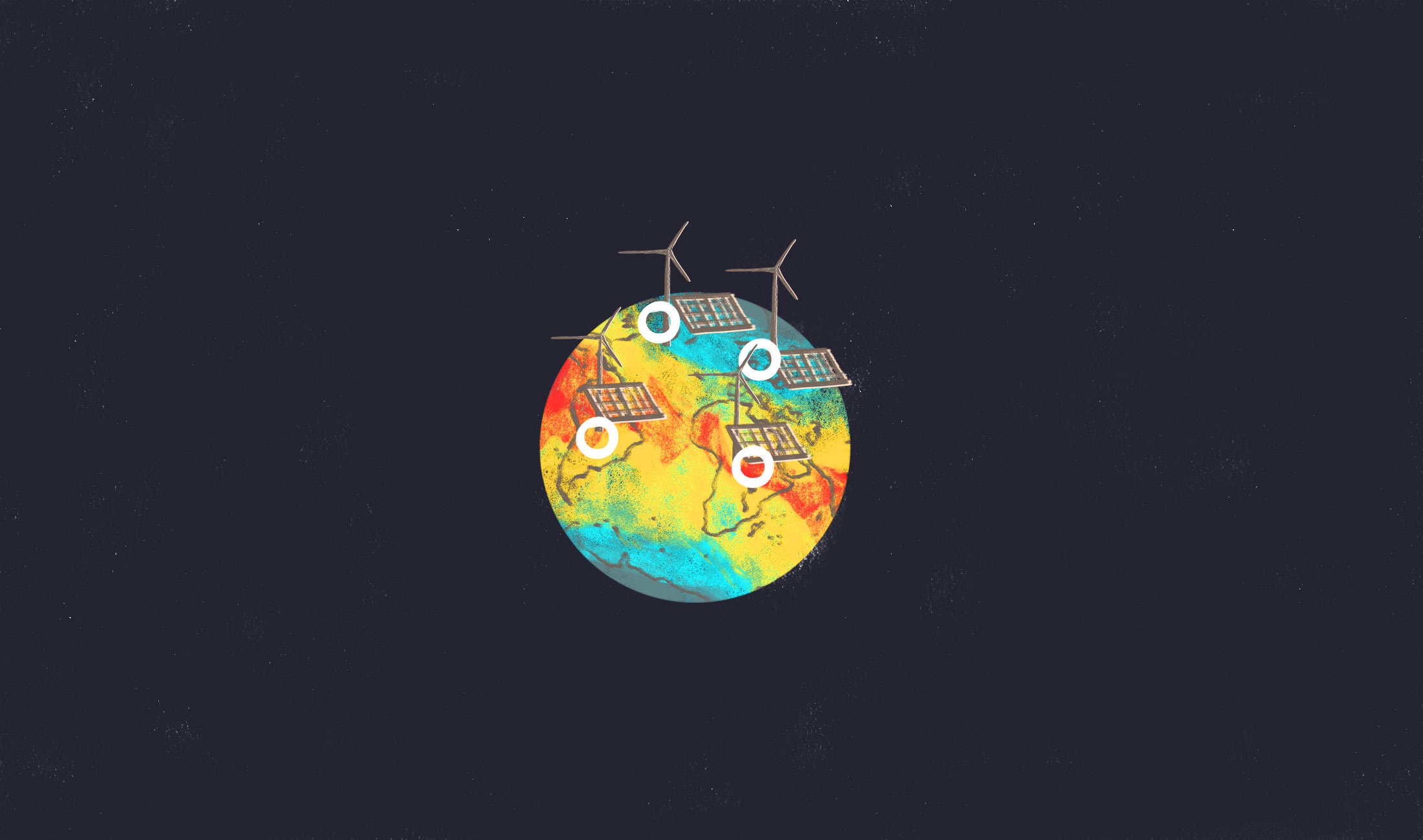
reFUEL
reFUEL is a 5 year research project, funded by the European Research Council with a Starting Grant and hosted at the Institute for Sustainable Economic Development, BOKU University, Vienna. The main research objective of the project is to assess the role of trade in a future renewable energy world.
If you want to stay in touch, please subscribe to our mailing list.

Status quo
Recent techno-economic modelling studies indicate low intensities in trade of energy commodities between global regions in a future global low-carbon energy system, because deep greenhouse-gas emission cuts can be achieved in fully electrified renewable energy systems on a continental or country scale.

An alternative scenario
However, the existing modelling partly neglects potential drivers of globalization and may, therefore, wrongly project regionalization of energy systems. In particular, an increase in international trade flows in the energy sector can be caused by
new, easily tradable, low-cost renewable synthetic fuels (e.g. solar & electric fuels)
global bio-physical variability of renewables (e.g. solar radiation and freshwater availability)
regional differences in how land is negotiated and valued for the expansion of energy infrastructure.

What we do
We work on improving the understanding of how the spatial configuration of renewables in low-carbon energy systems is affected by these drivers, and in particular what social, environmental, and economic impacts different global distributions of renewable energy production may have. To this aim, we analzye
Environmental impacts of renewable energy expansion in the past
Social impacts and conflicts associated with the territorialization of renewable energy systems
Dynamics of land-efficiency of renewables
And we explore…
Options for increasing land-efficiency of renewables
Allocations of renewables between regions and resulting trade streams in terms of efficiency, equity, and justice

